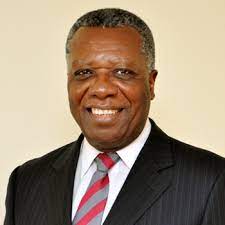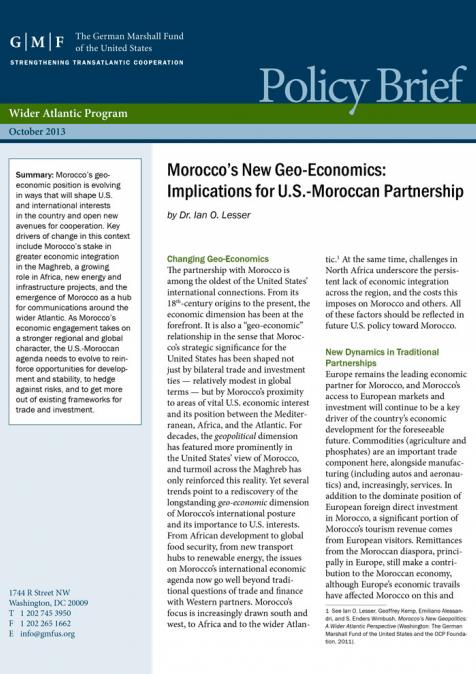Speakers

Chiedu Osakwe
WTO Director of the Accessions Division
Chiedu Osakwe is WTO Director of the Accessions Division. His previous WTO positions include Special Coordinator for LDCs and Head of the Secretariat Working Group on the Integrated Framework for LDCs, Office of the Director-General (1999-2001). In this position he was Chairman of the Inter Agency Working Group (IAWG) for the Integrated Framework. He has also served as Director of the Technical Cooperation Division (2001-2002); Director, Textiles Division (2003-2005), Director, Doha Development Agenda – DDA Special Duties Division, Office of the Director-General (2005-2008). Prior to joining the WTO Secretariat, Mr. Osakwe was a Nigerian Foreign Service Officer (1979-1998). In this period, he served at the Permanent Missions of Nigeria to the United Nations in New York (19 ...




